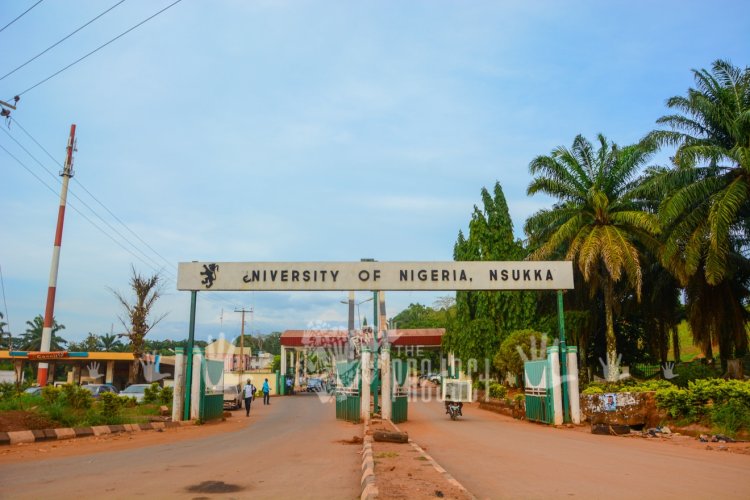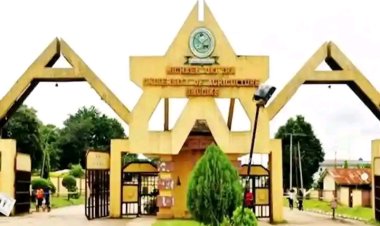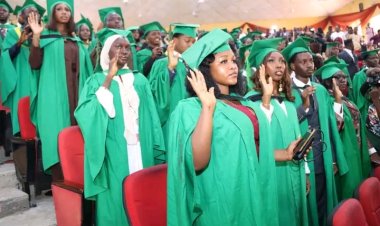UNN to Face Legal Battle as Five Academic Staff Challenge Board Removal
Five academic staff members take legal action against UNN for premature removal from governing board, alleging breach of tenure.

In a notable legal development, five members of the academic faculty at the University of Nigeria Nsukka (UNN) have initiated legal proceedings against the institution's management. The academic staff, consisting of three professors and additional members, have brought their case before the Federal High Court in Enugu, marking it as FHC/E/CS/97 2024.
The lawsuit targets prominent figures within UNN's administrative structure, including the university's Governing Council, the Senate, the Vice-Chancellor, and the Pro-Chancellor. The plaintiffs assert that their four-year tenures as internal members of the Governing Council were abruptly terminated following the dissolution and subsequent reconstitution of the council overseeing federal universities.
SUGGESTED: UNN Student Wins 6th Fisayo Soyombo Inter-University Essay Contest
Chidioke Ezeh, serving as the legal counsel for the plaintiffs, presented a motion on notice urging the court to intervene. The motion seeks an interlocutory injunction to prevent the university from conducting fresh elections for the Governing Council until the substantive issues of the case are heard and determined.
The plaintiffs argue that they were duly elected representatives from various bodies within the university, including the Senate, convocation, and congregation. They have provided evidence to support their claims, including election results, meeting notices, and minutes of meetings.
RECOMMENDED: UNN, UNEC, IMT, and ESUT Unite for Enugu Biggest Campus Tour Ever
Of particular interest is the plaintiffs' contention regarding the Vice-Chancellor's actions. Allegations suggest that despite engagements with the Vice-Chancellor, he has maintained a stance contrary to established procedures, possibly influenced by the conclusion of his own tenure in June 2024. The plaintiffs cite a now-rescinded federal government directive as part of the Vice-Chancellor's justification for his actions.
The legal proceedings have significant implications not only for the plaintiffs but also for the governance and operational practices within Nigerian universities. The outcome of this case could set precedents regarding the adherence to established procedures in university governance and the protection of elected tenures.
As the court deliberates on the matter, stakeholders within the academic community await a resolution that ensures fairness, transparency, and adherence to legal norms. Updates on this case will be provided as developments unfold.

 Mary Nwaeze
Mary Nwaeze 



